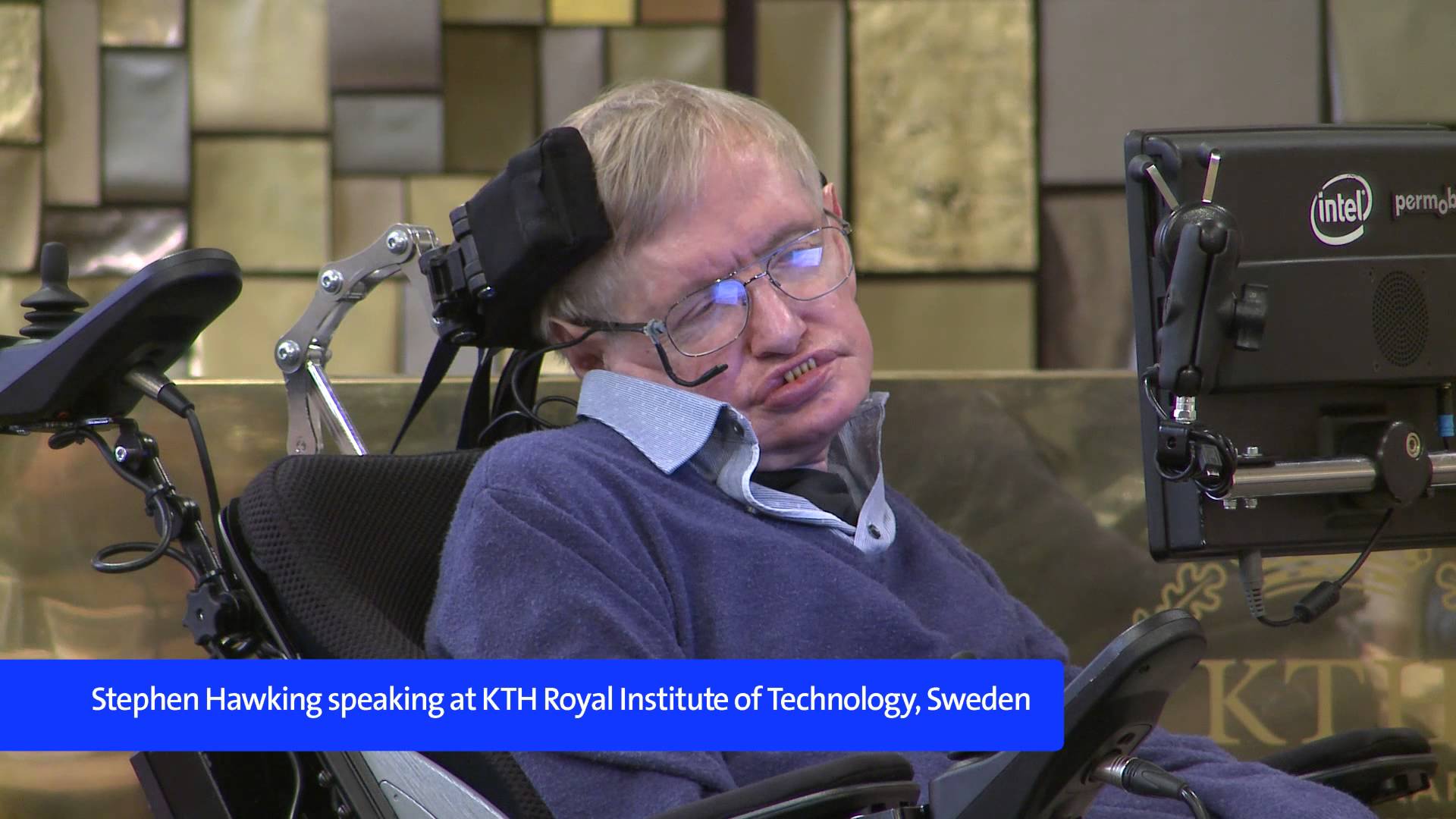
Stephen Hawking says he may have solved a problem that has plagued astrophysics for 40 years: the information loss paradox.
For decades, scientists have argued about what happens to the information relating to the death of a star that forms a black hole. It’s known that nothing, not even light, can escape from a black hole owing to its intense gravitational pull. Quantum mechanics, though, says that information cannot be destroyed; general relativity says it must be. Hence, the information loss paradox.
In the 1970s, Hawking said black holes could emit “information-less photons” via quantum fluctuations – tiny perturbations in space-time – called Hawking radiation, but in 2004 he produced a new theory that claimed information could actually escape from a black hole. How that would occur wasn’t clear, but now he says he has an answer.
“I propose that the information is not stored in the interior of the black hole as one might expect, but on its boundary, the event horizon,” he said today at the KTH Royal Institute of Technology in Stockholm, Sweden. Specifically, he says a “super translation” takes place, which is essentially a hologram of the information. It means that information can survive and escape from a black hole at the event horizon, the boundary at which nothing is said to be able to break free.
They key to this theory is Hawking radiation. Hawking says it can “pick up” information and move it beyond the event horizon. But it’s not all good news; the information is essentially useless. “The information about ingoing particles is returned, but in a chaotic and useless form,” said Hawking. “This resolves the information paradox. For all practical purposes, the information is lost.”
Hawking worked on the idea with theoretical physicists Malcolm Perry from the University of Cambridge and Andrew Strominger from Harvard University. Together with a host of theoretical physicists in Stockholm, they will discuss the research throughout this week before presenting their concluding thoughts this Saturday.
“The message of this lecture is that black holes ain’t as black as they are painted,” Hawking said yesterday. “They are not the eternal prisons they were once thought. Things can get out of a black hole both on the outside and possibly come out in another universe.”
He elaborated that, if a black hole was large enough and rotating, it could have a passage to a parallel universe. “But you couldn’t come back to our universe,” he said. “So although I’m keen on space flight, I’m not going to try that.”






